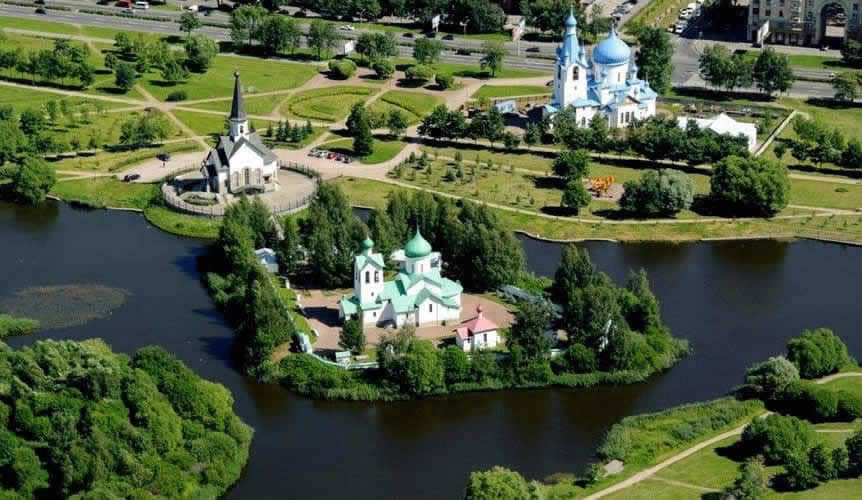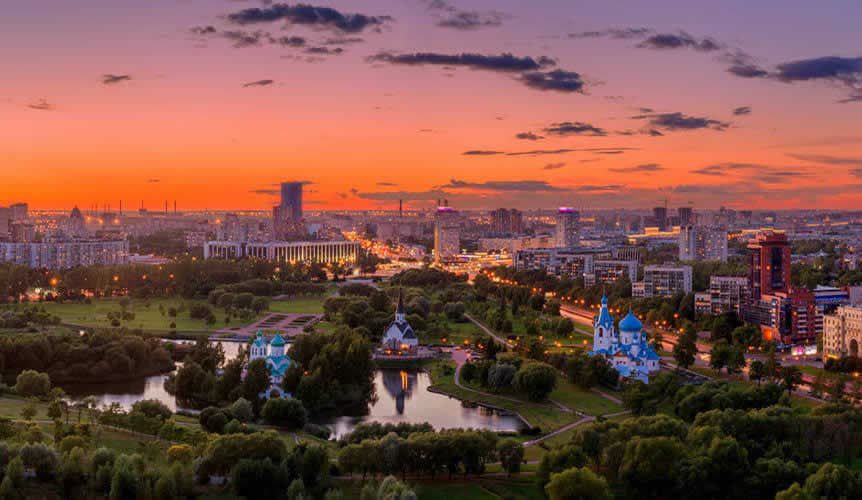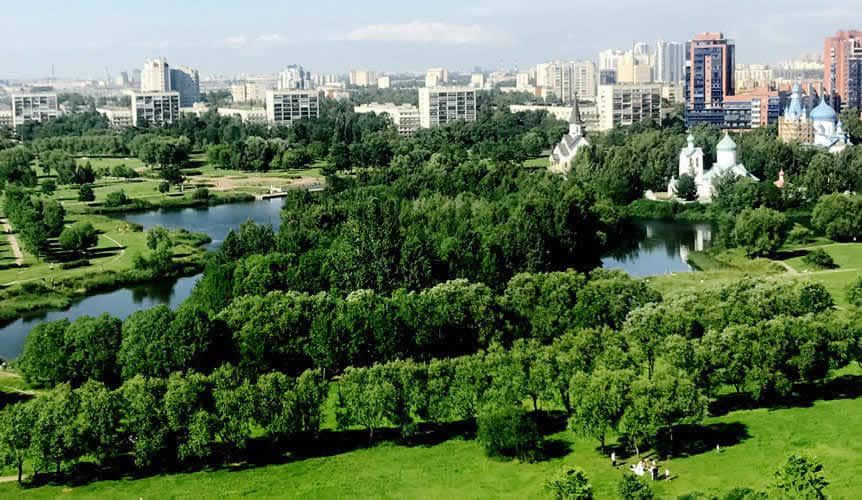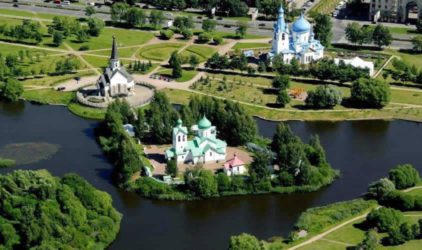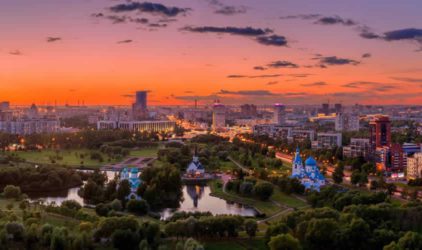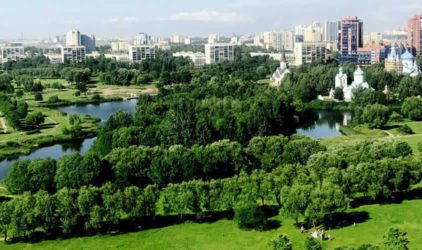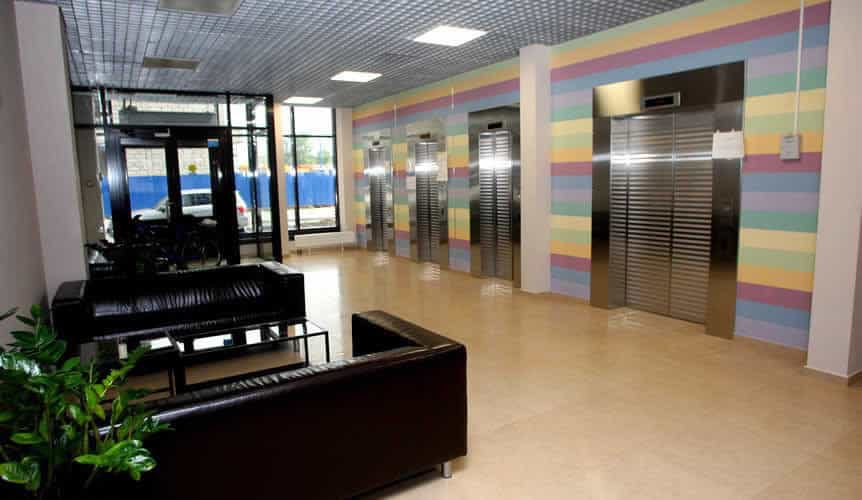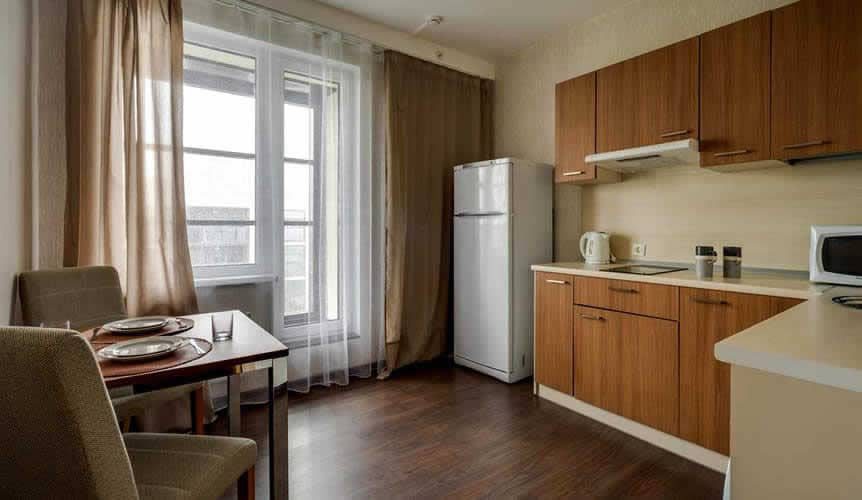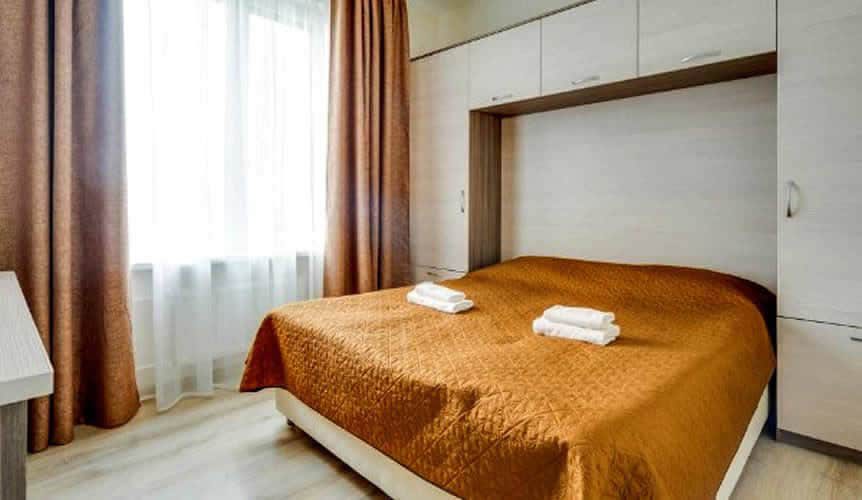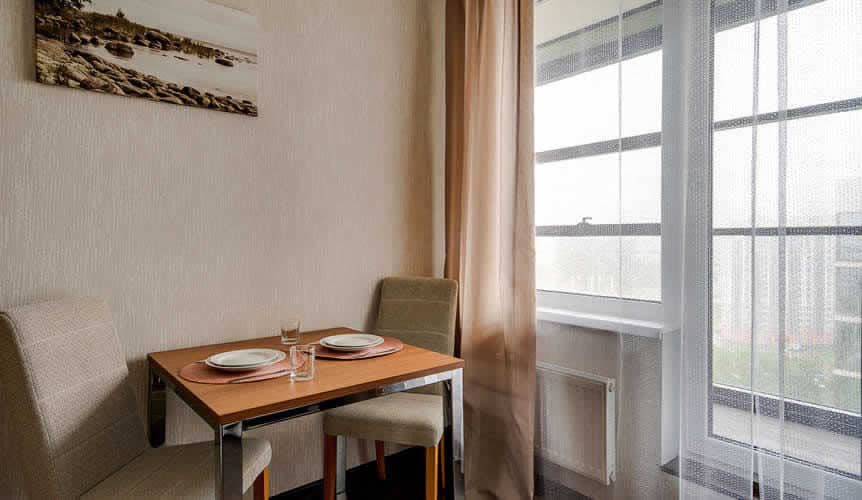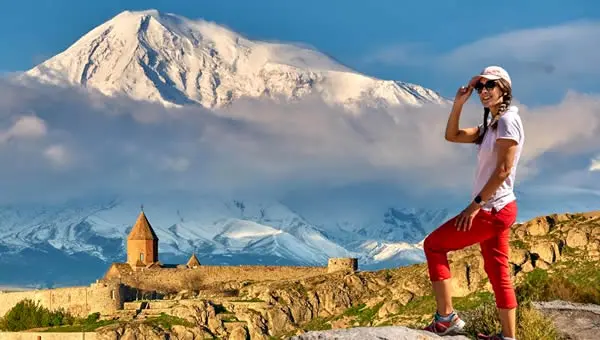Every trip to Russia can be turned into a true cultural adventure by attending major festivals and events that reflect the country’s rich history and arts scene. So you can attend these events in 2025, in between your Russian language classes at our school!
 • New Year Celebrations – 1th January
• New Year Celebrations – 1th January
New Years is the most important holiday on the Russian festivals calendar. Although it’s primarily a family affair, where on New Year’s Eve, relatives gather at home for a huge feast and the exchange of gifts around a fir tree, tourists (at least in the big cities) certainly won’t miss out, with practically every hotel and restaurant geared up for an evening of Russian-style partying.
On New Year’s Eve in Moscow, celebrations peak with the famous firework display in the Red Square. In St Petersburg, the biggest fireworks are launched over the Neva River. Post-midnight, revellers gather in parks and squares all over Russia to continue drinking and dancing – sub-zero temperatures be damned!
 • Orthodox Christmas – 7th January
• Orthodox Christmas – 7th January
If you’re visiting Russia over New Years, you’ll be delighted to know the celebrations don’t stop after the next year ticks over. Christmas Day on the Russian Orthodox Calendar falls on January 7.
Between New Years and Christmas, Moscow and St Petersburg’s public spaces are elaborately decorated with lavish ornaments and brightly lit Christmas trees, and the streets and parks bustle with Christmas fairs and markets
 • Winter Festival, December
• Winter Festival, December
Russian winters are notoriously long and arduous, so the Russians do what they can to make freezing temperatures more fun – by throwing a month-long festival! All Russian cities have winter festivals celebrating local arts and culture, but Moscow’s hands down the biggest and best.
Here the festival is a massive annual event that sees the city decked out in thousands of fairy lights, squares turned into ice skating rinks and a huge array of activities around the city.
 • Maslenitsa (Pancake week) – February – March
• Maslenitsa (Pancake week) – February – March
Seven weeks before Easter, Maslenitsa is a Russian festival that celebrates the end of winter and the coming of spring with a week of pancake-related festivities (what else?). In fact, thanks to its pagan roots, Maslenitsa is more like a carnival than an Orthodox Holy Week. It’s enjoyed all over Russia with parades, live music, dancing and fireworks. Of course, food is an essential part of Maslenitsa.
Maslenitsa marks the beginning of Lent, and traditionally the last week milk, eggs and butter can be consumed. So naturally, blini (pancakes) are consumed in great quantities every day, either fresh out of the pan or doused with delicious sweet and savoury toppings. The festival culminates with the burning of a life-sized straw effigy of ‘Lady Maslenitsa”, meant to represent winter.
 • Russian Orthodox Easter – April
• Russian Orthodox Easter – April
Orthodox Easter is a more traditional Russian festival that usually falls slightly later compared with the regular Christian calendar. Although it’s one of the most solemn Russian festivals, it’s a lovely time to experience Russia’s devotion to rites and rituals, with a week of church services taking place from the Palm Sunday processions to a lengthy Easter liturgy which begins on Saturday night and can flow well into Sunday. Even if you’re not a regular church-goer, attending at least part of the Easter liturgy can be a mesmerising and uplifting experience.
 • Victory Day – 9th May
• Victory Day – 9th May
Commemorating the victory of the Soviet Union over Nazi Germany, this patriotic festival is bristling with military bombast. Around the country, the end of WWII is celebrated with parades, fireworks and displays of military might.
The most ostentatious events are held in Moscow, with giant tanks, missiles and thousands of troops marching down the Red Square, while helicopters hover above the enormous crowds of spectators.
 • Peterhof Fountains opening ceremonies
• Peterhof Fountains opening ceremonies
Peterhof’s series of palaces and gardens are astounding at any time, but the grandest visual spectacle of the year is undoubtedly the opening ceremony of the Fountains. Officially marking the start of the summer season, the ‘Russian Versailles’ entire collection of very expensive sprinklers goes live at once, and it’s a truly extraordinary sight.
The festival lasts into the night, with musical performances, fireworks and classical fountains jazzed up with laser light shows and pyrotechnics. In mid-September, Peterhof holds a similar closing ceremony that’s equally as impressive.
 • St Petersburg “White Nights” Festival – May-July
• St Petersburg “White Nights” Festival – May-July
Without a doubt, one of the most memorable times to be in St Petersburg is during the White Nights Festival. Because of its far-northern geography, between mid-May and mid-July, the sun never completely sets, providing a romantic backdrop for a festival that celebrates music, dance, theatre and the intoxicating spell of a city where day and night are one and the party never needs to stop.
Venues around the city invite world-class Russian and international performers to attend, with the Mariinsky Theatre alone clocking up a program of more than 175 operas, ballets and classical concerts. The White Nights is much more than watching theatre in austere venues, however. The entire city is buzzing with festive energy. St Petersburg’s bars and clubs are positively pumping and on a midnight stroll, you’ll be accompanied by street performers, ice cream sellers and spirited revellers contributing to a carnival atmosphere.
When planning your next trip to Russia, plan ahead to experience one of these Russian festivals. You will not regret it.
Cultural events and festivals in Russia can be a great opportunity for international students studying in Russia to immerse themselves in the atmosphere of the local culture.
Read also: Living in Russia
Language journey at special prices
Travel & Save money
We have prepared impressive discounts and special offers for language trips in spring and summer 2025
You can choose between two destinations:

St. Petersburg, Russia
The cultural heart of the country, famous for its breathtaking architecture and rich history.
St. Petersburg, Russia
The cultural heart of the country, famous for its breathtaking architecture and rich history.


Yerevan, Armenia
A charming city with a unique blend of Russian and Armenian culture and warm hospitality.
Yerevan, Armenia
A charming city with a unique blend of Russian and Armenian culture and warm hospitality.



 • New Year Celebrations – 1th January
• New Year Celebrations – 1th January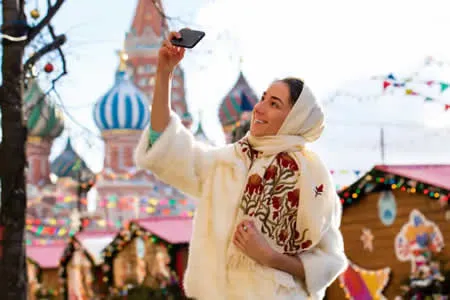 • Orthodox Christmas – 7th January
• Orthodox Christmas – 7th January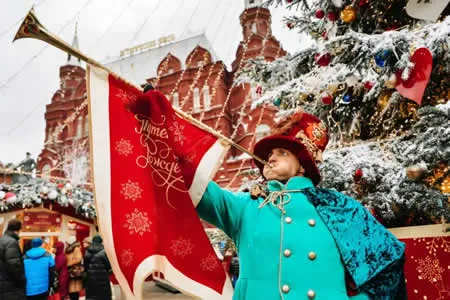 • Winter Festival, December
• Winter Festival, December 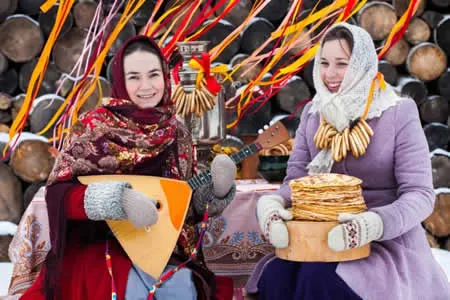 • Maslenitsa (Pancake week) – February – March
• Maslenitsa (Pancake week) – February – March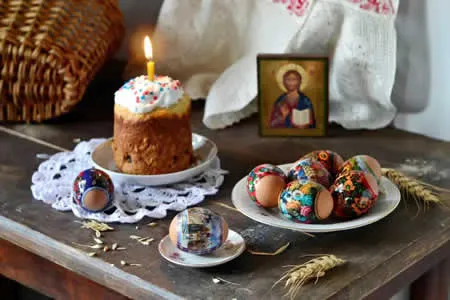 • Russian Orthodox Easter – April
• Russian Orthodox Easter – April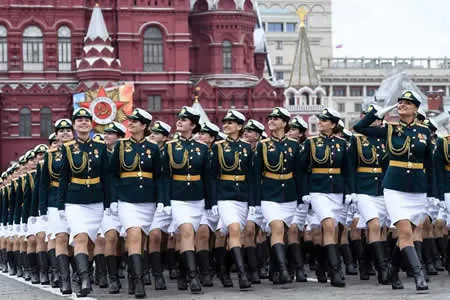 • Victory Day – 9th May
• Victory Day – 9th May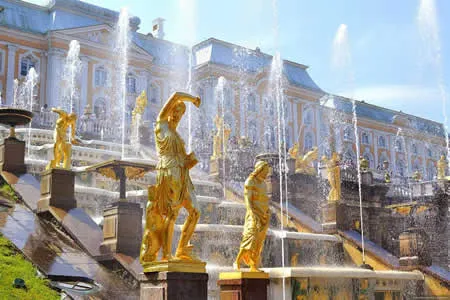 • Peterhof Fountains opening ceremonies
• Peterhof Fountains opening ceremonies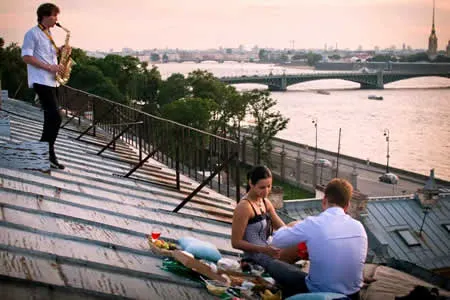 • St Petersburg “White Nights” Festival – May-July
• St Petersburg “White Nights” Festival – May-July
